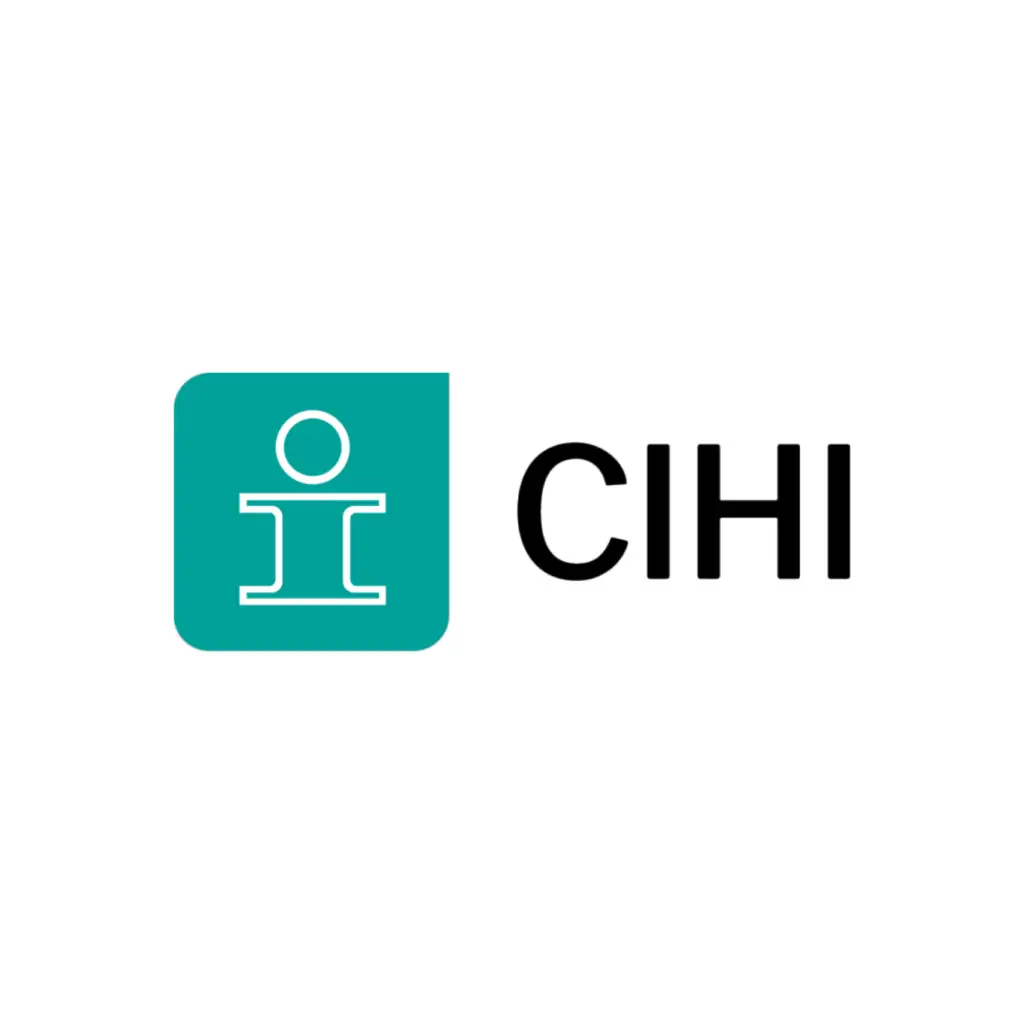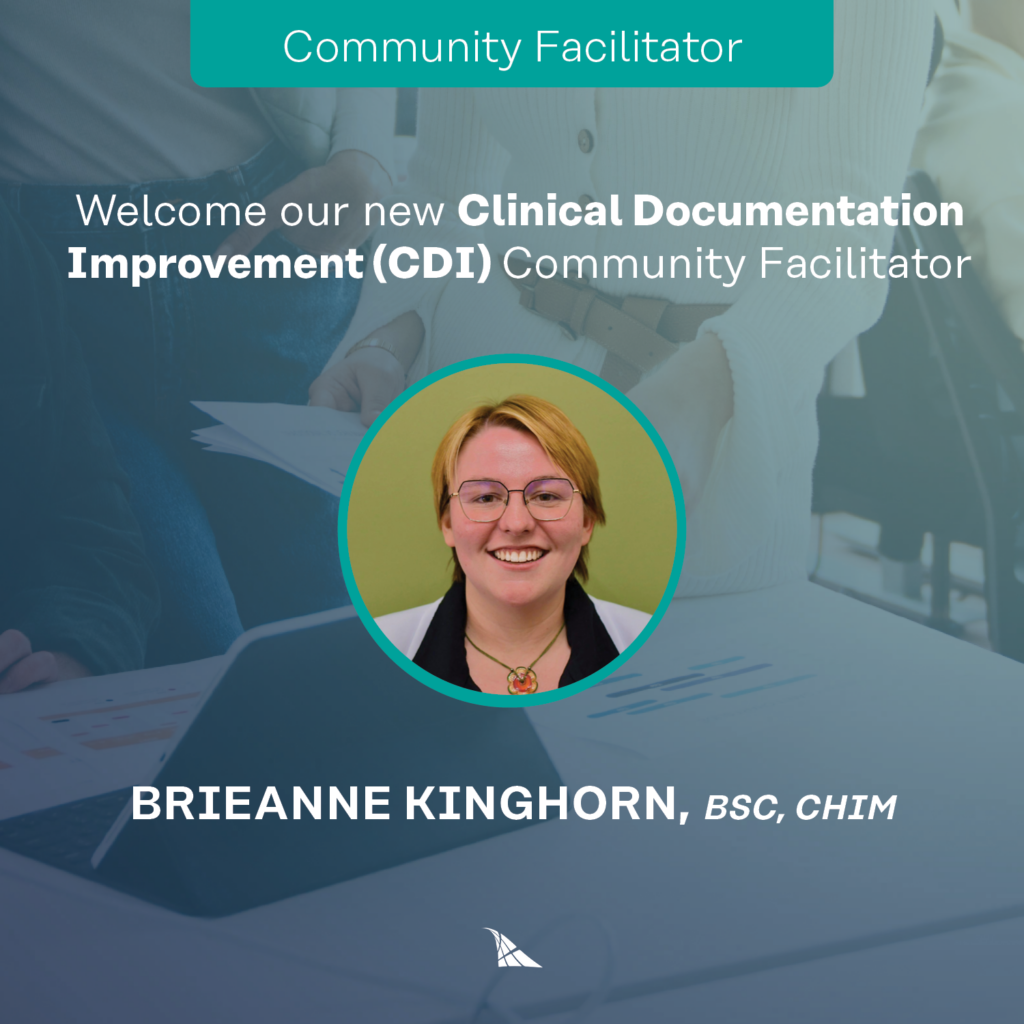Gagan Deep
Digital Application Support Analyst, University Health Network
When Gagan Deep was a teenager, living in India and considering what he would do with his life, he recognized that he had two passions: he was good with technology and he had a passion for health, wanting to contribute to better patient health. When he saw the health information management program offered at George Brown College, he says it gave him clarity about how he could combine his passion and skills to create a good career path. He applied, was accepted, and moved to Canada to study.
Gagan did a work placement at the University Health Network, Canada’s largest research hospital including Toronto General and Toronto Western Hospitals, Princess Margaret Cancer Centre, the Toronto Rehabilitation Institute, and the Michener Institute for Education. UHN hired him for a contract position upon graduation, and he eventually applied for his current role as digital application support analyst.
What Gagan loves most about his work is that he learns something new every single day. He also challenges other people’s assumptions about the field of health information management. “People assume that only means acute care coding. They are often surprised to know that this is a growing field.”
Gagan describes his current role as “the backbone of improving patient care.” He says, “My task is in the back-end system support of the staff performing at front end. We create the computer system that contains the data, ensuring it runs properly for patient—that every diet, lab order, and procedure are performing as designed in the system without any issues and are tracked properly and efficiently. We work with clinicians, nurses, and other clinical staff to make sure their system is running properly to improve patient care. We listen to the new features they need. We provide data reports that support their decision-making and with developers to redesign the system as needed.”
People are also surprised by Gagan’s age: “Many people my age are still focusing on figuring out what they want to do. I knew I wanted to do this, and I’m enthusiastic about this work.” Even when Gagan needs to provide middle-of-the-night or weekend support to help clinicians care for patients, he is excited about his work.
Gagan points to the education and support he has received through CHIMA as key. “Every day in my work with patients, we must maintain confidentiality, data quality, electronic information, and standards. CHIMA taught me how to apply these domains of practice in my work.” He also credits CHIMA for helping him discern his specific role: “I was good at coding, but I hated it. Some classmates said I wouldn’t be able to get any jobs other than coding, but CHIMA’s matrix was really helpful for me to understand other job opportunities.”
Outside of work, Gagan is continuing to learn and challenge himself. He is working with business partners on an online business and is pursuing a bachelor’s degree at Ryerson University in health information management. He also returns to India every year or two to visit his family. While it’s hard to be away from his family, he says he has had opportunities here that he would not have had in India—opportunities that only continue to grow.



